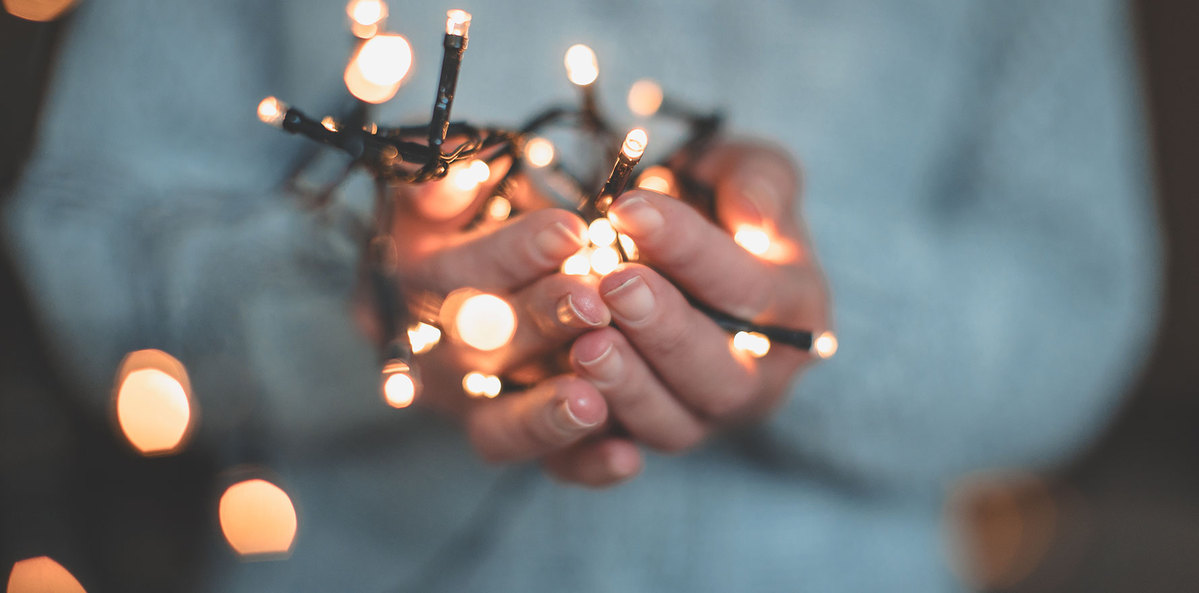All doctors know what a mixed bag of gifts Santa can bring. Respecting the emotions around us can take every bit of empathy we have.
It is the season of holidays. Cultural celebrations, religious festivals, capitalism-driven shopping events and end-of-year work and academic milestones – perhaps defined by your level of spirituality, tolerance, and practicality.
It is the season for many joys including appreciation of good health, love, success, and growth. It is also the season for community, sharing food and music, and eventual rest and self-care.
At our practice, the waiting room is decorated to the max in holiday glory: Christmas trees, wreaths, tinsel and more. The reception desk is filling with cards and gifts and food. Despite my best attempts to try and talk everyone out of office cake culture, the local café drops off boxes of doughnuts several times a week, patients bring in lovingly home-made biscuits and even staff bring “overflow” chocolates from home to avoid their children eating unnecessary sugar.
I am, you can see, the local grouch, because the season of holidays is also the season of heartbreaking sadness and greed and waste, and I think we could do better to remember this. This week, I saw a young woman grieving after the sudden and completely unexpected suicide of her twin sister. The surviving twin, so profoundly empty and broken, had been brought in by her partner, worried about her safety. “I don’t want to live in a world that my sister isn’t in,” she told me.
I did not know what to say. I had nothing to offer except grief counselling and my deepest of compassion for what must be the worst and most unbearable devastations of life, at a time when the Western world celebrates the most. As I walked her out, I felt embarrassed by the plastic ornaments everywhere and the extravagant hampers that specialists had sent me that were sitting outside my clinic room. Those boxes of artisanal biscuits felt so pathetic next to the enormity of the emotions my patient held.
Last year my desk was over-piled with thoughtful gifts from loyal and grateful patients, and I kept cards hung up along the wall. I wanted patients and colleagues to know how deeply I appreciated their carefully written messages of appreciation, so I displayed them. But when an isolated, widowed elderly woman came for scripts and, in her wobbly voice, explained that her interstate-based son had decided to not visit this year, I realised her season of holidays was another season of loneliness. My room, which looked almost comical as a shrine of social connectedness, belittled everything.
We saw tough holiday seasons in 2020 and 2021; when the pandemic separated loved ones, through physical barriers, illness, or death. Understandably, humanity looks for moments of joy between the heartaches of life. And I can understand the need to find happiness in whatever form that is accessible. But life is a lot harder for some people than others.
Many of my palliative care patients will not see the New Year, including my 41-year-old with advanced early onset Alzheimer’s. This will be the first childless Christmas for my middle-aged patient and her husband after the death of their only daughter, at 26 years old, from metastatic hepatocellular carcinoma last month. Many single parents are drowning in debt and financial insecurity, taking on second and third jobs to cope with the unfeasible costs of living, and in emotional hell trying to explain to their children the unaffordability of movie tickets or new shoes.
I also needn’t point out the abject state of the world at large. There are humanitarian crises that we are forced to watch while some are forced to live. One of my patients is terrified that we are on the brink of a world war, and fears that her son, an engineering student, will be conscripted to fight. Another teenage patient has such deep existential dread relating to the climate crisis that he has refused schooling for most of this year: “Why bother?” A very high-achieving south Sudanese family fills me with pride when they share the academic successes of their four refugee children; when I see the mother alone, she sobs with guilt at having left behind her three siblings and parents, now all dead.
My readership is largely doctors, so I imagine they also grapple with this conflict during the season of holidays. I imagine many of you, especially those who work with neglected or underserved communities, get frustrated with the artificiality of holidays or spoiled privilege we see on social media or television (“I want … I want … I want …”). It is hard to get the balance of sensitivity correct, so that we are not creatures of melancholy, but try to remain grateful and appreciative.
While I was a grouch on Halloween, annoyed with the commercialisation of an American holiday in Australia, I was surprised to find a young lawyer patient stop by with her children to trick-or-treat at the clinic. Comically, she was dressed in a teddy bear outfit, and had such infectious joy, we went hunting around for sweets to offer the family. While the receptionists cooed over the children’s costumes, I had a quiet word with the mother to ask how the chemo was going. This lovely 33-year-old was one of my palliative care patients, dying of an aggressive ovarian cancer. She shrugged, and said she was vomiting a lot and had an appointment to see me later in the week, but “wanted to spend this one last holiday having fun with the kids”.
So, my circular argument ends here; the season of holidays brings joy to many and grief to others and both to some. We must carefully hold the emotions of each other with tenderness and respect, like we in Melbourne patiently and gratefully hold the warmth of the rare sun.
I hope your holidays are safe and healthy and filled with love. I hope they are not held in sadness and pain – but if they are, I hope this is a passing season of darkness for you, with light to come.
Dr Pallavi Prathivadi is a Melbourne GP and an adjunct senior lecturer at Monash University, with a PhD in safe opioid prescribing. She was a Fulbright Scholar at the Stanford University School of Medicine in 2020-2021 and the 2019 RACGP National Registrar of the Year.





